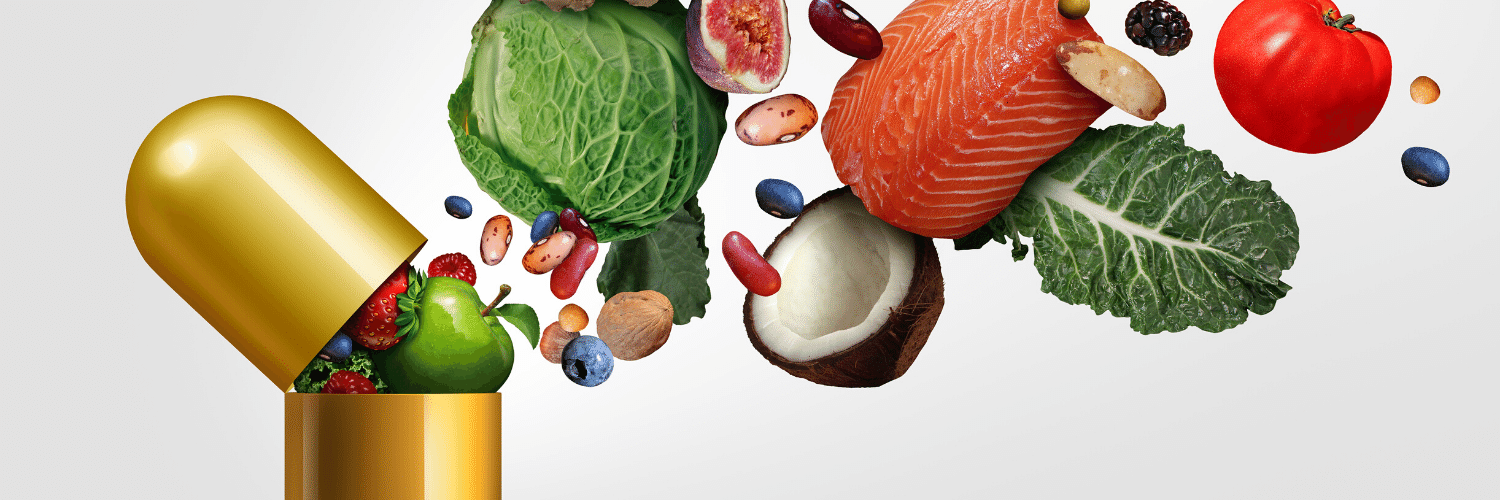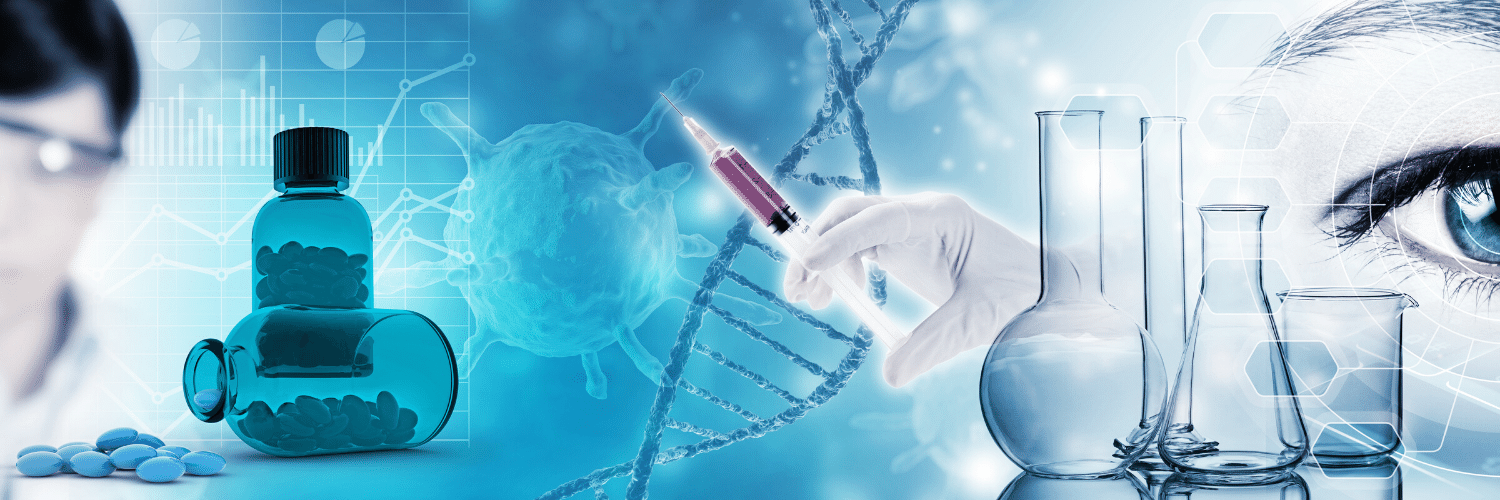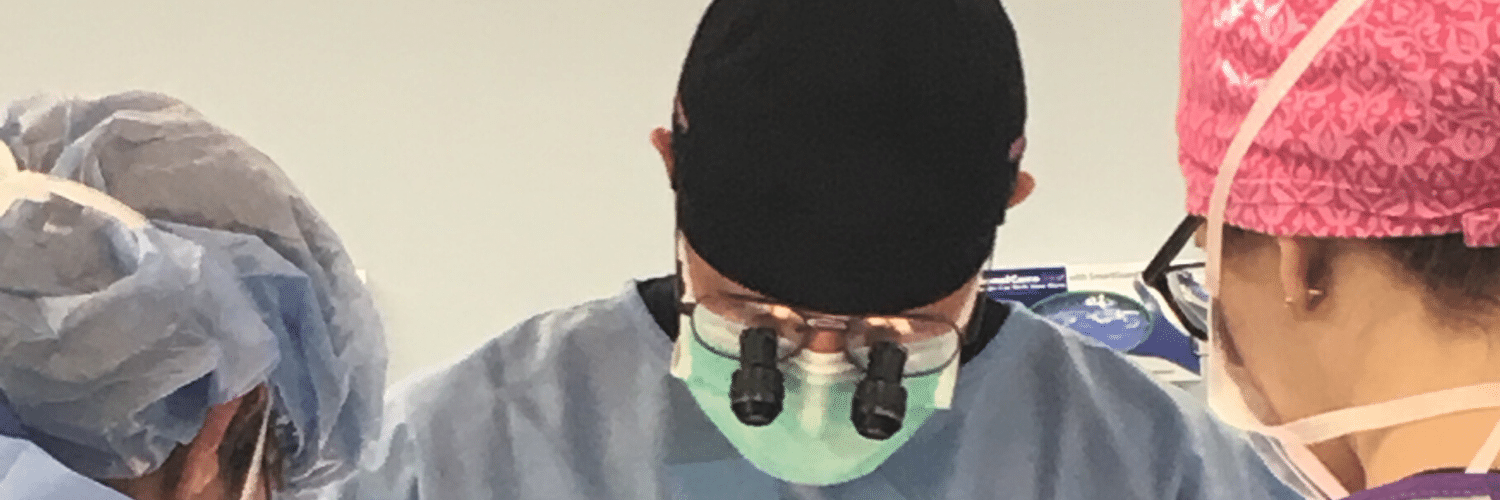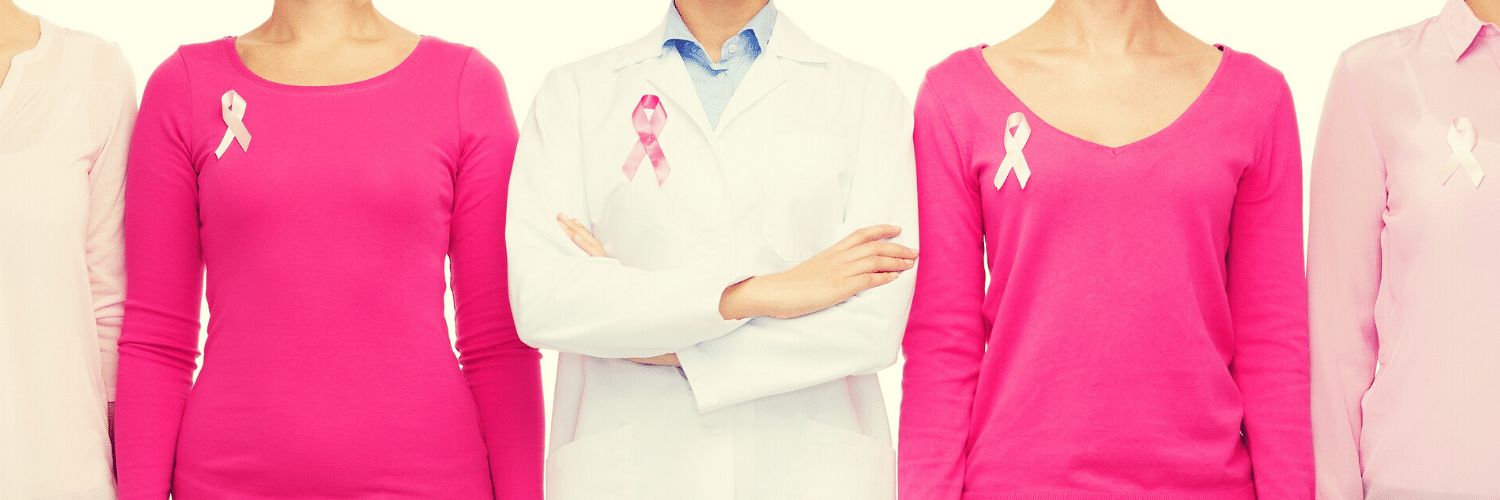Following a nutritious diet is important for everyday health but if you are preparing for surgery, a healthy diet is vital. The proper nutrients can boost your immune system and help you heal faster.
Your immune system is responsible for keeping you well. It protects you from bacteria and viruses, helps you recover from illnesses and triggers an inflammatory response which promotes wound healing. Supporting the immune system with good nutrition before and after surgery can help your recovery go smoothly.
Antioxidants, found in fruits and vegetables, remove harmful free radicals from the bloodstream. Free radicals can damage DNA and impair the immune system. Antioxidant containing foods are identifiable by their bright red, yellow or orange colors. Foods such as tomatoes, spinach, carrots, berries, red grapes, cranberries, apples, peanuts and broccoli are good sources of antioxidants.
Protein also plays an important role in healing, and can help speed your recovery. Before surgery, eat cottage cheese, yogurt, fish, tuna, chicken, turkey or eggs will provide good sources of protein. If you are a vegetarian try to include soy milk, tofu and legumes in your diet before surgery. Almonds, walnuts and peanut butter are also natural protein sources.
Depending upon the chemotherapy regimen certain important protective botanical factors may be helpful as supplements. Examples include Vitamins C and E (alpha and gamma-pherols) and the antioxidant bioflavonoids (colored botanical factors) such as beta carotene, xanthophylls and ellagic acid. All of these can be consumed by selecting at least ten servings of fruits and vegetables each day. For many people this may be an unrealistic amount so supplements are available. Typical quantities would be 500 milligrams of Vitamin C as Ester-C with bioflavonoids and 2000 milligrams of Vitamin C as ascorbic acid. 400 International Units of Vitamin E as mixed tocopherols.
Soy protein may be beneficial but the amount required is still controversial. Many legumes may also contain protective phytochemicals and it would be prudent to include many beans of various types in your diet. Black beans, garbanzo beans, red kidney beans, black eyed peas are just some examples of healthy, dietary fiber rich, folate rich sources of plant protein. Eat them often using an enzyme product such as Beano to minimize gas discomfort.
Most multivitamin and mineral supplements that provide RDA quantities and include antioxidants (typical brands from most pharmacies and good health food stores) are sufficient for most individuals who eat at least five servings of fruits and vegetables and at least six servings of grains or beans
Coenzyme Q10 is an important part of the release of energy within each cell. This can be lowered as a result of extreme stress such as surgery, chemotherapy or a diagnosis of cancer itself. Supplements of 60-120 milligrams per day of Coenzyme Q10 can be beneficial to breast cancer patients undergoing treatment and is safe at these dosages.
Selenium is a trace element (one required at quantities of less than one milligram per day) that is important in the regulation of detoxification enzyme activity in the liver and other cells of the body. Supplements of 50-200 micrograms per day can prevent any potential deficiencies that may occur with certain chemotherapy agents. Most multivitamin and mineral products contain sufficient selenium for breast cancer patients without an additional supplement except during chemotherapy itself when it may be prudent to increase the quantity by taking an antioxidant formula that contains an additional 50 micrograms selenium.
Sulfur amino acids are important in the detoxification process necessary for the liver to remove any chemotherapy agents. We recommend taking an additional antioxidant formula during this time that contains N-acetyl cysteine, the active form of the detoxifying enzyme system known as the cytochrome P450 system. Supplement with 150 milligrams daily. Silymarin (milk thistle) is a valuable herb that is supportive to this liver detoxification process. We recommend taking this during chemotherapy and for at least twenty-one days afterwards.
Vitamin D3 may also be protective and as it is formed from the action of sunlight on the skin, be sure to go outside at least twenty minutes each day particularly in the early morning or late afternoon when the sun is not as burning. Always protect delicate areas such as the face but allow some action of the sunlight on your arms and legs. A good women¹s formula to protect from osteoporosis should also contain this important vitamin. Oily fish is a good dietary source and we recommend eating oily fish (salmon, trout, tuna, halibut, herring, etc.) at least three times each week. Fish is an excellent source of omega-3 fatty acids that are also beneficial to breast cancer patients as they are anti-inflammatory and supportive to a healthy immune system. For those who don’t like fish you can take a supplement of flaxseed oil, borage(starflower) oil, or evening primrose oil. These also contain long chain fatty acids called GLA (gamma linolenic acid) that may assist in regulating female sex hormone levels in the blood.
Supplement Summary
RDA level multivitamin and mineral daily supplement.
Antioxidant formula to contain phytonutrients and sulfur amino acids (N-acetyl cysteine or taurine) and selenium.
Silymarin (milk thistle) to assist liver detoxification enzymes
Other supplements as directed by physician or qualified nutritionist. (The American Dietetic Association and Certification Board of Nutrition Specialists are good resources for nutritionists)
Remember to drink at least 1 liter (32 fluid ounces) of water each day (non-caffeinated beverages may also make up this quantity of fluid).
The Last Word
Have your diet evaluated to ensure that you are getting sufficient protective nutrients to support your medical treatment for breast cancer. Your body will thank you!
Author: Lisa Bombela RD. LD (Clinical Nutrition Manager at Sodexo)
Following a nutritious diet is important for everyday health but if you are preparing for surgery, a healthy diet is vital. The proper nutrients can boost your immune system and help you heal faster.
Leave Comment
Sign Up for Our Monthly Newsletter
Continue Reading

Guest Blog: Recommended Supplements for Breast Cancer Patients

The Great Mammogram Debate
The Great Mammogram Debate July 09, 2020 Share on Facebook Twitter Linkedin When should you get a mammogram? Recently the U.S. Preventive Services Task Force released new recommendations for breast cancer screening. Although the American Cancer Society (along with many other medical organizations) recommend annual screening mammograms starting at age 40, USPSFT is now advocating […]

PRMA Research Strives to Solve Unanswered Questions
PRMA Research Strives to Solve Unanswered Questions July 09, 2020 Share on Facebook Twitter Linkedin The fields of breast cancer and breast reconstruction research have made incredible strides over recent years. New advances in chemotherapy agents, genetics, and surgical management of advanced breast cancer continue to change the landscape of treatment on a regular basis. […]

Stage Two Breast Reconstruction Surgery (Revision Stage)
Stage Two Breast Reconstruction Surgery (Revision Stage) July 09, 2020 Share on Facebook Twitter Linkedin What is involved in revision breast reconstruction surgery? Breast reconstruction is usually performed in stages. A second surgery—referred to as the “revision stage”—is designed to improve the overall cosmetic appearance. This procedure is typically performed three months after the initial […]

3D Printing and the Future of Breast Reconstruction
3D Printing and the Future of Breast Reconstruction July 09, 2020 Share on Facebook Twitter Linkedin How is 3D printing being used in breast reconstruction? Many news outlets have reported recently on new research being performed just up the road in Austin, TX. A company called TeVido is conducting research and experimenting with different 3D […]

The Angelina Effect – 5 Common BRCA Gene Questions
The Angelina Effect – 5 Common BRCA Gene Questions July 09, 2020 Share on Facebook Twitter Linkedin 1)What’s the scoop on the BRCA genes? BRCA1 and BRCA2 are genes that can have mutations which may lead to an increased risk of breast and ovarian cancer. 2)How do I know if I should get tested? Guidelines […]

PRMA Billing Department is Here For You
PRMA Billing Department is Here For You July 09, 2020 Share on Facebook Twitter Linkedin Did you know insurance is required by law to cover your breast reconstruction surgery? That’s right! Not only are insurance companies required to cover your affected breast, they are also required to cover surgery of your unaffected breast as well. […]

A Beautiful DIEP Flap Breast Reconstruction Journey
A Beautiful DIEP Flap Breast Reconstruction Journey July 09, 2020 Share on Facebook Twitter Linkedin A few months ago I was approached by a young lady I had only had the pleasure of speaking to via phone and email. Her name was Angie and she was interested in the DIEP flap breast reconstruction. I chatted […]

Ask Your Doctor–Radiation and DIEP Flap Breast Reconstruction
Ask Your Doctor–Radiation and DIEP Flap Breast Reconstruction July 09, 2020 Share on Facebook Twitter Linkedin If I know I will have to have radiation, and I want DIEP flap reconstruction, should I have immediate or delayed breast reconstruction? Great question! If you are anticipating radiation treatments as part of your breast cancer treatment after […]

PRMA Performs 6,500th Breast Reconstruction
PRMA Performs 6,500th Breast Reconstruction July 09, 2020 Share on Facebook Twitter Linkedin PRMA Plastic Surgery has hit another milestone and it’s one for the record books! As of January 19, 2015, our surgeons have performed over 6,500 breast reconstruction surgeries with over 5,500 being microsurgical (free flap) procedures. “It’s wonderful to know so many lives have been […]

No Comments